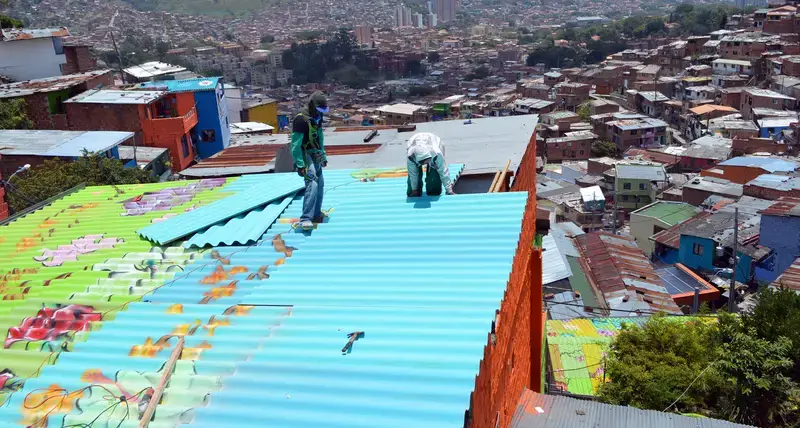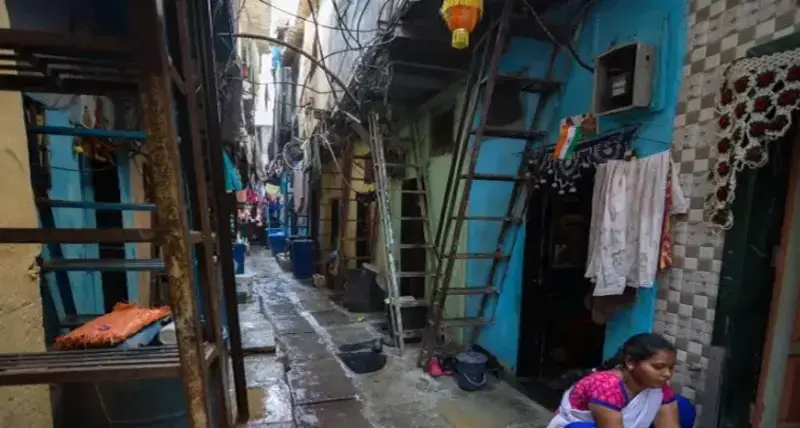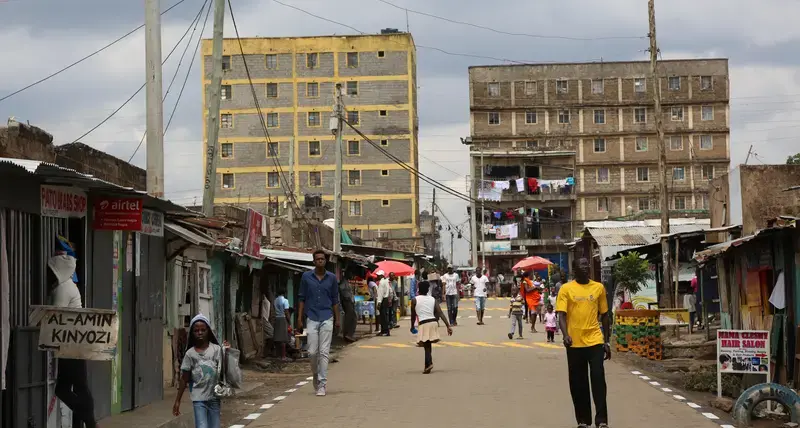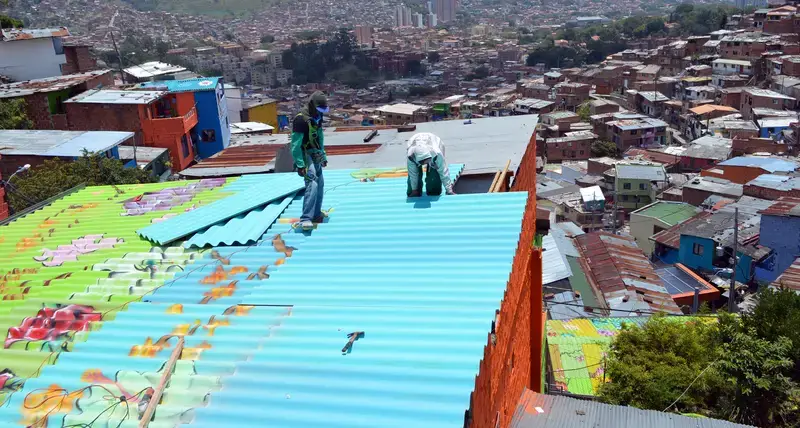UN-Habitat supports national and local governments, academia, civil society and the private sector in Latin America and the Caribbean, with the implementation of the New Urban Agenda and SDG11, which aims for sustainable cities and communities. We support processes of institutional capacity-building regarding sustainable urbanization and knowledge-transfer between regional counterparts, in particular through key initiatives like National Urban Policies, the City Prosperity Initiatives, Urban Integrated Solutions and others.
Country: Overview
Country: Overview
Impact
Country: Impact and Urban Numbers
UN-Habitat supported the development of 4 new-generation National Urban Policies in the region, in Dominican Republic, Argentina, Guatemala and Colombia.
Over 350 cities have applied the City Prosperity Index (CPI) in the region between 2015 and 2018.
Urban numbers
Country: Impact and Urban Numbers
In 2017, the Gini Index in Latin America is 0,5, and despite a visible reduction, it remains the most unequal region in the world.
It is estimated that 200 million people use public transportation systems in the region daily.
In 2014, 24,4 % of urban population lived in informal settlements in Latin America and the Caribbean.
Challenges
UN-Habitat is supporting counterparts in Latin America and the Caribbean to address issues of urban inequality and socio-economic exclusion, lack of productivity and need for capacity-building.
This issues are addressed in a context in which:
- having an 80% urbanization rate which calls for strategies of neighborhood improvement through Redevelopment, Renovation, Revitalisation, Regeneration and Rehabilitation;
- sectoral policies dominate the real-public-management-realm and integrated policies are the exception. As such, and despite a proliferation of good-practices, scaling-up to national policies still remains incomplete.
Increasingly, new approaches are underway to face new demands in the region on matters such as migration, mobility and smart cities to address climate change challenges, and community resilience in disaster risk reduction, among others.
Country Beneficiaries
"La #NuevaAgendaUrbana tiene el imperativo ético de convertirse en la #NuevaAgendaSocial. No se trata de transformar nuestras ciudades, se trata de construir nuevas sociedades. Una sociedad que desde la resiliencia construya convivencia. Yo creo que ese es, en parte, el papel que #ONUHábitat ha venido haciendo en #Latinoamérica. "Tenemos que empezar a pensar en esas #alianzas que una organización como ONU-Hábitat puede potenciar para generar nuevas realidades".
Jorge Melguizo, COMFAMA (La Caja de Compensación Familiar de Antioquia)
Donors and partners
Latin-American and Caribbean countries are mostly Middle-Income Countries, which poses challenges but also opportunities for international cooperation. UN Habitat works through Technical Cooperation projects on demand, and our counterparts are usually at the same time donors and beneficiaries. At the regional level, we are closely articulated with our institutional partners ECLAC (Economic Commission for Latin America and the Caribbean) and MINURVI (Assembly of Ministers and High Authorities on Housing and Urban Development of Latin America and the Caribbean), with whom we have developed the first Regional Action Plan for the implementation of the New Urban Agenda (along with its sub-regional equivalent for the Caribbean), lead an annual Cities Conference with local authorities of the region and are developing the Urban and Cities Platform to support the implementation of the New Urban Agenda in Latin America and the Caribbean.




